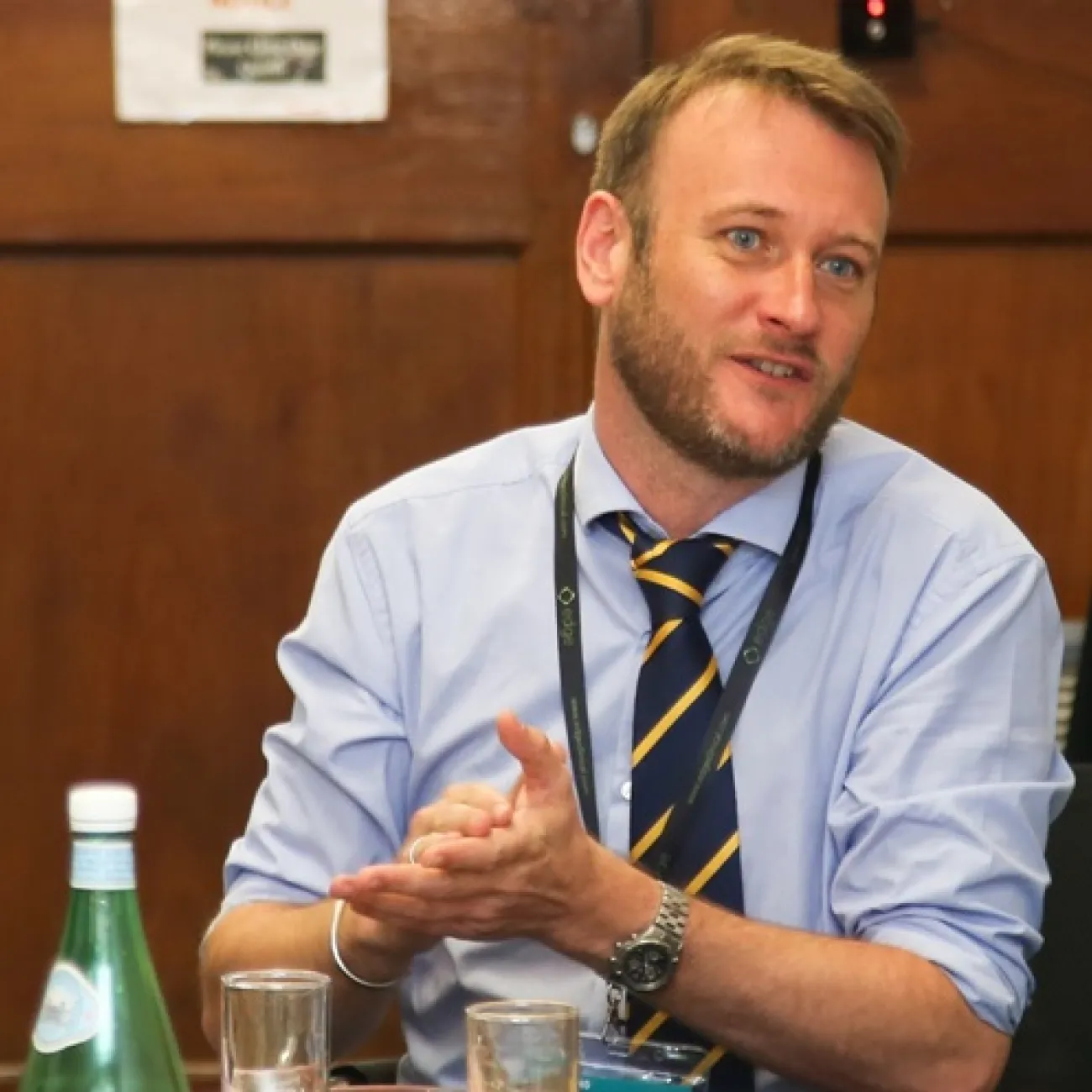About
Professor James Batchelor is the University of Southampton's Professorial Fellow of Clinical Informatics and Healthcare Innovation. He also serves as the Clinical Informatics Research Unit Director, overseeing a team of over 50 clinical, public health, and informatics professionals. He also leads and directs the EDGE Programme (£16 million), which is an extensive collaborative network of hospitals and research organisations working together to support and improve research systems in the United Kingdom, Belgium, South Africa, India, Canada, Australia, and New Zealand, supporting over 150,000 research projects globally and managing over 7 million patients.
His research interests include the development of digital health strategies, including advanced data science that are clinically driven and focuses on the development of health system strengthening and capacity accross several complex non-communicable diseases and infections, with a research income of ~£6.1 million pounds. He currently has project partners in more than ten countries. He also serves as an advisor to several government digital health strategies and is currently an international advisor to New Zealand on the development of the new Health Research strategy, as well as chair or member of several International strategy Boards, including Industry. In addition, he is co-director of the Commonwealth Centre for Digital Health in the UK, which hosts clinical staff interested in health and clinical informatics and provides them with their international training post.
Prof James Batchelor is a founding member of the International Blast Injury Research Network (IBRN), established in 2018 by the Universities of Southampton and Capetown. This has expanded to include other Sheffield University, UK-US defence, non-governmental organisations, and conflict monitoring. The IBRN addresses the complex challenges of Explosive Weapons in Populated Areas (EWIPA) events, the Health Systems Response Policy Clinical Guidelines, and complex blast load characterisation and is determining and research agenda to improve transdysaplinay research in the area. Furthermore, he serves on the Committee for the International Forum on Blast Injury Countermeasures (IFBIC), an information exchange forum between the Japanese and US Departments of Defense that brings together broad knowledge and expertise, shared national experiences, and evidence-based approaches for blast injuries.
The CIRU's research is used by governments and international organisations such as the , DHSC UNMAS, WHO, World Bank, and the US Department of Defense. He previously worked academically on intelligence-led policing with NCIS and HMCE, now the NCA and the Home Office Science Team.
